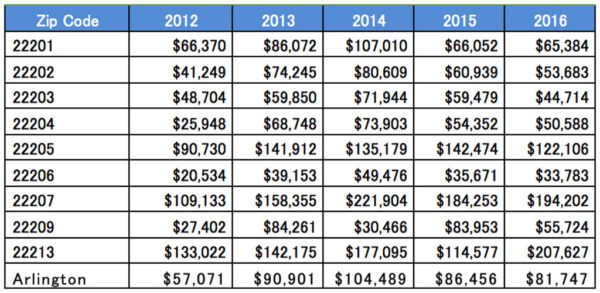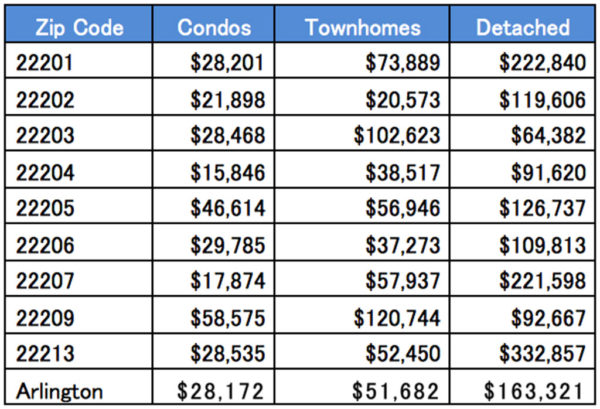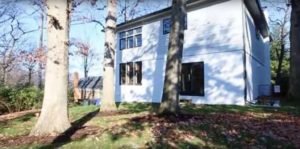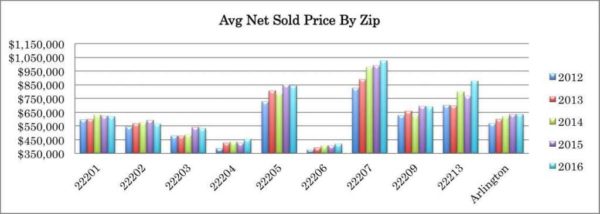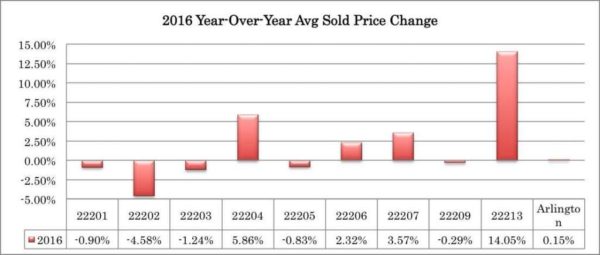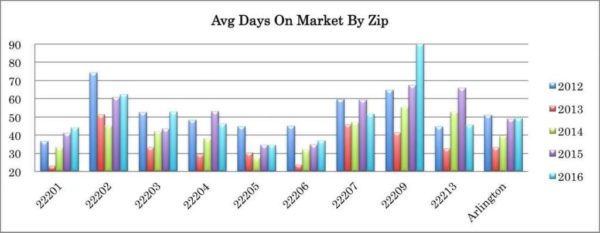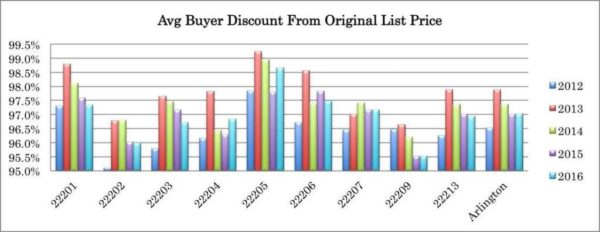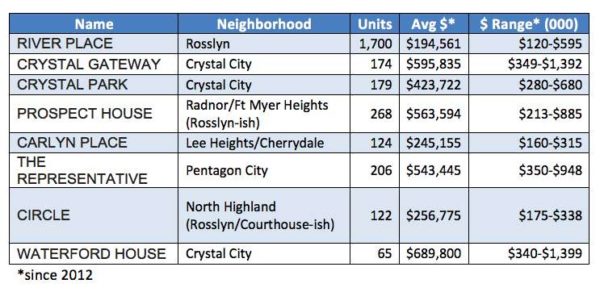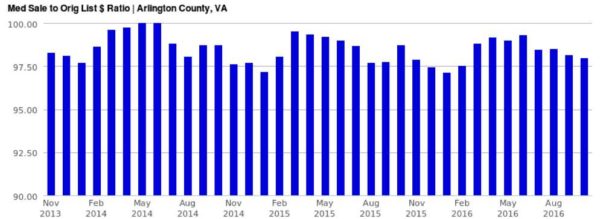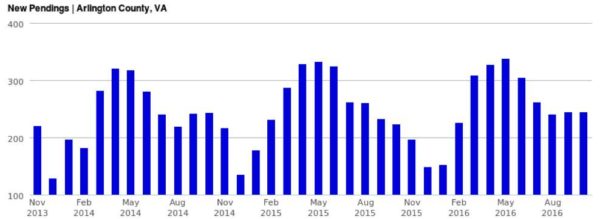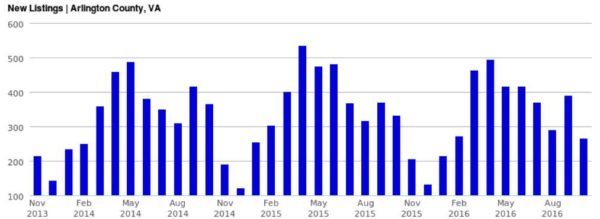This regularly-scheduled sponsored Q&A column is written by Eli Tucker, Arlington-based Realtor and Rosslyn resident. Please submit your questions to him via email for response in future columns. Enjoy!
Question: What’s being built across the street from Turnberry Tower in Rosslyn?
Answer: We don’t see many new condo projects these days in Arlington, developers are going with apartments due to low interest rates and surging rents, so the new Key & Nash condo and townhome project in Rosslyn is a welcome addition to the neighborhood. Over the last five years, we’ve had an underwhelming number of condo deliveries.
Along the Rosslyn-Ballston corridor, the only new condo sales have been Arc 3409 in Virginia Square (converted from a hotel in 2014) and Gaslight Square in Rosslyn (luxury condos).
On Thursday evening, the Key & Nash team hosted an unveiling party on the 23rd floor of 1812 N. Moore (the Monday Properties/Goldman Sachs building that has sat empty the last few years) to release details of the project and start sales for a late-2017 delivery. Leading up to the project, I expected that NVHomes’ new Urban Division would look to successful nearby luxury projects like Gaslight Square, The Wooster, Rosslyn Key, and Rhodes Hill Square for their design and pricing with an emphasis on Gaslight Square considering its most recent success with Phase 3 (final build-out).
Instead of delivering a fully custom luxury product, NVHomes is sticking with their bread and butter formula of delivering a more moderate project that fits surprisingly well between Rosslyn’s mid-market options like The Atrium, The Belvedere, 1800 Wilson and its luxury options like Turnberry Tower, Waterview, and those mentioned above. It makes sense for NVHomes, avoids over-saturating the Rosslyn luxury market, and satisfies demand.
With just over sixty units including 1BR + den, 2BR, 2BR + den, and 3BR flats ranging from about 850sqft to just over 1,500 sq ft, plus five 3BR townhomes at nearly 2,000 sq ft there are a surprising number of options for buyers. Starting in the low $600s and clearing the $1M mark for some of the larger flats and townhomes, it’s an attractive $/sq ft for a new building just a block from the metro and likely to benefit from the massive redevelopment of downtown Rosslyn. For market-average condo fees, residents will get a high-end gym, 7-day/week concierge, roof deck, large common terrace w/ grills, and underground parking.
I’m looking forward to seeing how the larger 2BR + den/3BR flats do compared to the townhomes. I think the challenge for the townhomes will be the fact that the master bedroom is the entire top floor, with the 2nd and 3rd bedrooms on the 2nd floor (main level is kitchen and living space), making it a difficult layout for buyers with a young child (prefer to sleep on the same level) and a lot of steps for regular trips between living space and master bedroom. However, with only five townhomes being delivered, they’ll probably be the first to sell-out.
Personally, I think the best value purchases are the 1BR + den and smaller 2BR/2BA because they’ll make great rental properties with the dens/2nd bedrooms being on opposite sides of the apartment from the master bedroom (ideal for roommates). If you’re planning to live there for a while and can afford the premium, there are two 2BRs with 500 sq ft private terraces and a handful of 1BR + den and 2BRs in the back with larger Limited Common Element terraces (only accessible to your unit, but technically common space) that offer hard-to-find “useable” outdoor space.
While there wasn’t anybody camping out for the sales office to open, the line to sign-up for a sales meeting on Thursday night reached 50+ people at some points and there were probably a few hundred people at the event. The R-B corridor and Arlington market is hungry for new condos and this delivers at a price range that meets a lot of budgets and designed to accommodate a range of buyer types, so I expect sales to move fairly quickly, even though people won’t get to step foot into a unit until the end of the year.
Feel free to reach out to me at [email protected] if you have any specific questions about the floor plans, pricing, location, sales process, etc or if you’re considering a purchase in the building. I’d be happy to discuss details and my thoughts on the investment potential of purchasing in Rosslyn.
If you’d like a question answered in my weekly column, please send an email to [email protected]. To read any of my older posts, visit the blog section of my website at http://www.RealtyDCMetro.com.
Eli Tucker is a licensed Realtor in Virginia, Washington DC, and Maryland with Real Living At Home, 2420 Wilson Blvd #101 Arlington, VA 22201, (202) 518-8781.



